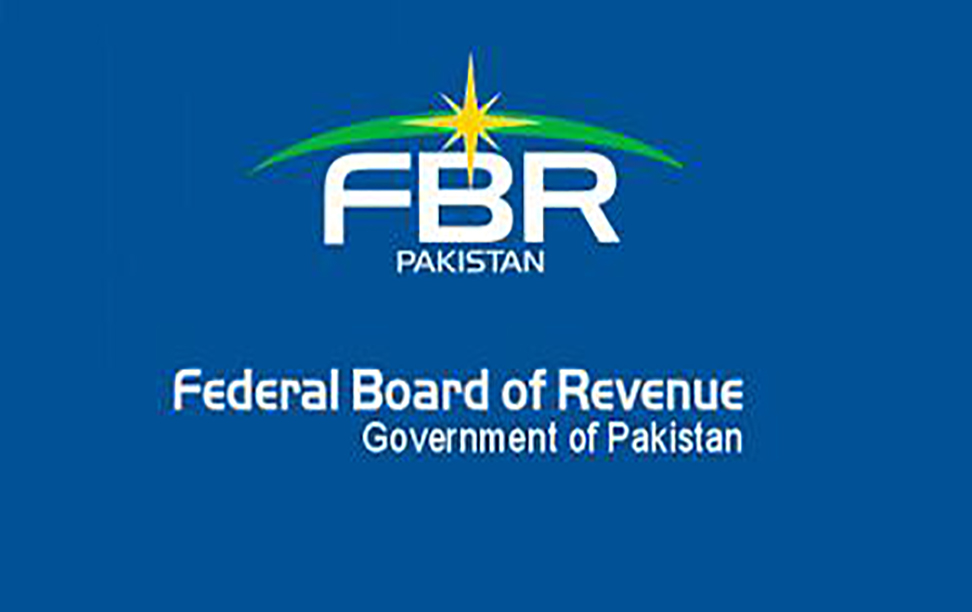October 04, 2023 (MLN): The World Bank has devised a road map for addressing fiscal constraints where weakness in revenues and expenditure policies have contributed to economic imbalances, distorted resource allocation, and constrained productivity growth, according to the latest report issued by the entity.
A broad program of policy reforms should be immediately implemented to achieve substantial fiscal consolidation and safeguard macroeconomic sustainability, address systematic resource misallocation arising from distortive tax policies; and improve the quality of spending, with reduced allocations to administrative costs and regressive subsidies.
The entity has proposed several measures to overcome fiscal constraints and improve revenue collections.
Firstly, the country needs to set priorities for improving revenues by reducing sales tax exemptions and strengthening administration.
Remove concessional rates on sales tax on goods by eliminating the 8th schedule of the Sales Tax Act and applying the standard rate on all goods subject to reduced rates.
Moreover, there is a need to limit the list of goods subject to zero-rating exclusively to exports only.
All domestically sold goods mentioned in the 5th schedule of the Sales Tax Act could initially be moved to the exempt list under the 6th schedule before exemptions are also rationalized.
The tax base can be broadened by bringing individuals and individually owned businesses, including retailers, into the tax system, reducing the tax-free threshold, and simplifying the personal income tax structure.
Merge the tax schedules for salaried and non-salaried taxpayers to eliminate opportunities for tax arbitrage.
The World Bank has further recommended collapsing the two-tier structure into a single rate and levying the premium excise tax rate, applied on an ad-valorem basis to allow automatic indexation to inflation.
To regain stability and establish a base for medium-term recovery, the report recommends reforms to drastically reduce tax exemptions and broaden the tax base through higher taxes on agriculture, property, and retailers.
Accordingly, the country is proposed to reduce or refine the current 12 ½ acre tax exemption threshold to bring more agricultural land into the tax net.
The government further needs to ensure appropriate categorization of land for tax rates, taking into account size, location, and irrigation status (simulations of an acreage-based tax indicated a potential to generate additional provincial revenues of around 1% of GDP).
This also extends to agricultural land being used for non-agriculture purposes but continues to be taxed under the agriculture income tax scheme, leaving opportunities for tax arbitrage.
Additionally, improves the quality of public expenditure by reducing distortive subsidies, improving the financial viability of the energy sector, increasing private participation in state-owned enterprises; strengthening public debt management through better institutions and systems, and developing a domestic debt market.
The property tax collection can also be strengthened by increasing property tax rates to match those applied in peer economies.
There is a need to harmonize the three valuation systems being used for different land-related taxes, with tax rates based on capital values that are reflective of market prices.
The World Bank through its report has further urged that the government needs to reduce aggressive subsidy spending by cutting subsidies related to electricity, gas, and any other distortionary activities such as wheat support price, petroleum, etc.
The government staff and operational costs also need to be controlled by implementing government-wide hiring and wage freezes and other measures such as halting vehicle purchases and limiting extra allowances for all staff to manage rapidly growing staff and operational costs.
In order to reduce the burden of massive expenditure on State-Owned Enterprises (SOEs), the entity has recommended divesting or restructuring SOEs through increased private participation.
SOE governance is to be strengthened through the implementation of the new SOE law, strengthening the capacity of the SOE Central Monitoring Unit for improved financial management and performance, and institutionalizing performance monitoring.
The Public Financial Management (PFM) Act of 2019 shall be fully implemented, including a comprehensive economic and risk assessment of development projects. Establish a monitoring and evaluation system for public investment projects and programs.
The government needs to improve debt management institutions and capacity through strengthening DMO staffing, Debt publications, Debt recording systems Fiscal risk assessment, and contingent liabilities.
For proper monitoring, accounting, and forecasting of the government’s available cash balance, which can decrease public borrowing requirements, the adoption of TSA is essential.
The World Bank through its report has proposed to develop the local debt market to increase the maturity profile of domestic debt stock and lower the cost of domestic borrowings.
This can be achieved by enabling a larger investor base to participate in public auctions of government securities, facilitating their subsequent trading, and issuing a broader range of government securities to meet the varying demands of a diversified investor base.
The financial institution further emphasized strengthening the role of the CCI to act as a forum for continuous intergovernmental dialogue.
It has also urged for the development of a national tax policy to facilitate higher provincial own-source revenue to finance expanded priorities.
In addition to this, federal spending needs to be restricted in devolved areas and legal reforms shall be introduced to support national fiscal policy.
The effectiveness of Fiscal Federalism can be enhanced with proper federal–provincial coordination on tax policy.
In the end, the World Bank recommended to revisiting the 7th NFC to ensure that financing commensurate with responsibilities.
Copyright Mettis Link News
Posted on: 2023-10-04T15:30:17+05:00







